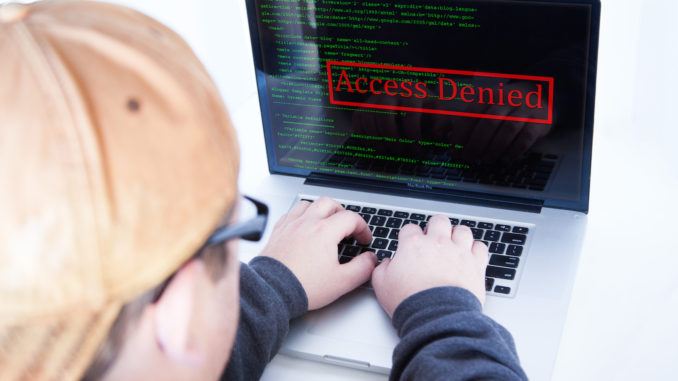
In a time where our children are adept to a world of technological advances and a large amount of leisure-time is spent in cyberspace, it is hard to keep track of the many threats that are posed online; particularly when the interaction our children have with the online-world is dynamic and ever-changing.
The internet is an entity offering a wealth of knowledge, entertainment and answers to the many obscure questions our children ask. But, children are more than often oblivious to issues which are faced when interacting online, such as viruses, social networking risks, paedophilia and many other concerning internet safety issues.
It is best to start discussing internet safety with your children sooner, rather than later. At a young age, children still may only be using the internet when in the company of an adult; a great opportunity to highlight that just like in reality, the internet can be a not-so-safe place. Teach your children the rule: ‘if you wouldn’t do it in real life, do not do it online.’ For example, would you disclose personal information with a complete stranger in the street and? Even though communication online seems like a fairly distant medium, the online world, still translates to the real world.
Set up parental control features on computers and other technology which uses the internet. This will allow you to set time limits, prevents your child from searching certain words and block potentially damaging websites.
|
If your child is unsure about something odd which they have come across online, or accidentally goes on an inappropriate website, teach them to make you aware of what has happened and inform them that accidents occur and it’s not their fault. Remove the website, or source, from your history folders and add the website address to a parental control filter list – have an active involvement in your child’s life online. Keep the computer in which they use in a busy area of the house, where you are able to see what they are doing and what sites they frequently use.
Speak to your child regularly about the danger associated with an active involvement with the internet and remind them of safe online behaviour. Do not accept friendship requests from strangers, never agree to a private chat with people who you don’t know and do not post personal details online.
Teach your child that once something is written, it cannot be removed permanently. Tell your child not to say anything which wouldn’t be discussed with yourself and what they could say online, may end up harming themselves, or others. Anything which is posted online should be believed to be permanent – limit the amount of identifying information in which your child discloses such as age, gender and their full name; using a pseudonym is often a sensible idea. Children are often naive of the dangers posed around them, and are more likely to fall prey to dangerous sources and/or people.

